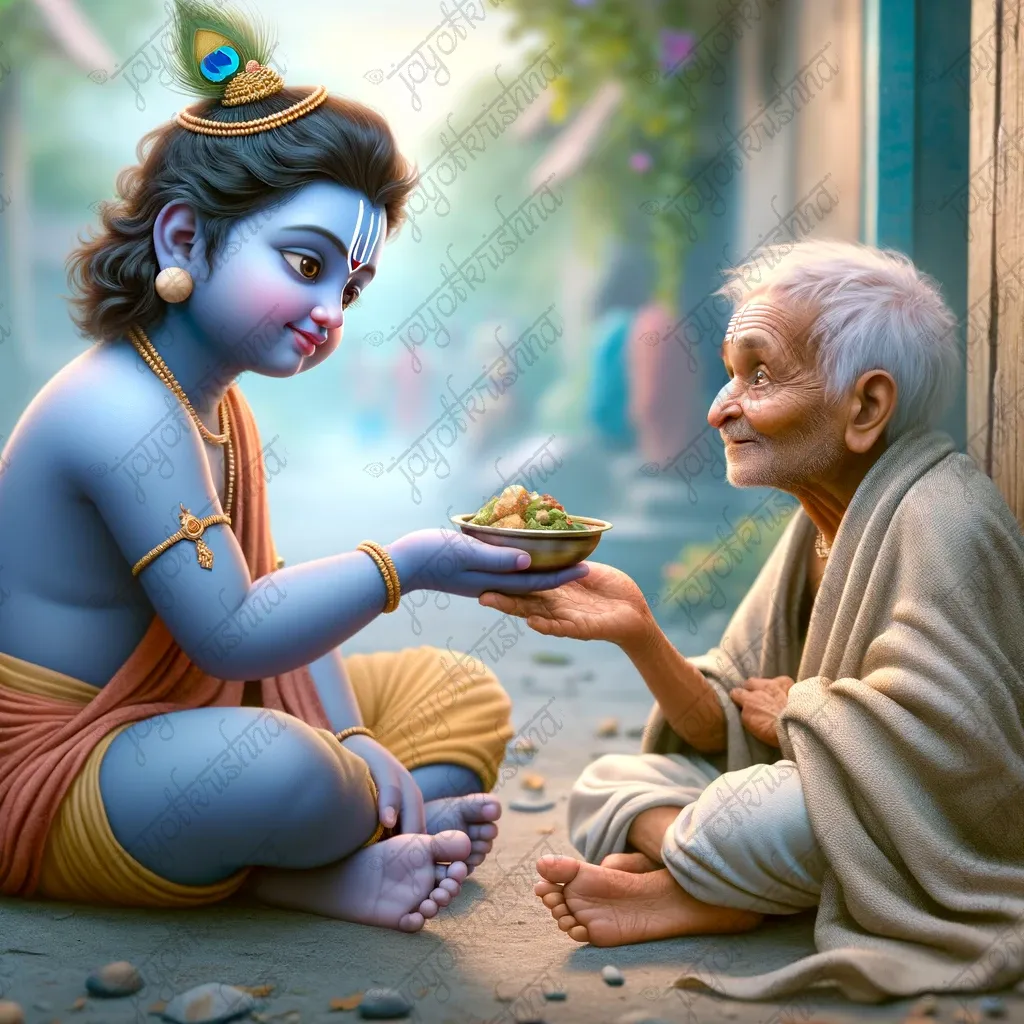
In the vast expanse of Hindu mythology, one figure stands tall, revered for his divine wisdom, unmatched bravery, and unwavering compassion – Lord Krishna, the eighth avatar of Lord Vishnu. Born in the city of Mathura, Krishna’s arrival on earth was marked by a dramatic sequence of events, as his uncle, King Kamsa, sought to destroy him, fearing a prophecy that foretold his own demise at the hands of his nephew. However, fate had other plans, and Krishna’s father, Vasudeva, managed to smuggle the infant out of the city, leaving him in the care of a humble cowherd, Nanda, in the nearby village of Gokul. It was in this idyllic setting that Krishna grew up, surrounded by the love and adoration of his foster family and the rustic charm of rural India. As he matured, Krishna’s divine nature began to manifest, and he revealed himself to be a prodigious talent, mastering the arts of music, dance, and warfare with ease. His exploits as a young boy, from stealing butter from the village women to subduing the venomous serpent, Kaliya, have become the stuff of legend, inspiring countless works of art, literature, and music across the centuries. Yet, Krishna’s true significance extends far beyond the realm of mythology, as his teachings, as enshrined in the Bhagavad Gita, continue to offer profound insights into the nature of reality, the human condition, and the path to spiritual enlightenment. In this sacred text, Krishna assumes the role of a wise mentor, guiding his friend and disciple, Arjuna, through a series of philosophical and metaphysical discussions, illuminating the mysteries of the universe and the self. Through his doctrine of Nishkam Karma, or selfless action, Krishna provides a radical alternative to the conventional notion of dharma, or duty, emphasizing the importance of performing one’s actions without attachment or expectation of reward. This innovative approach to spirituality has resonated with seekers across cultures and centuries, influencing thinkers as diverse as Mahatma Gandhi and Aldous Huxley. Moreover, Krishna’s own life serves as a testament to the power of his teachings, as he embodies the ideals of compassion, wisdom, and courage in the face of adversity. From his decisive intervention in the epic battle of Kurukshetra to his gentle counsel to the bereaved, Krishna’s presence is a balm to the soul, reminding us of the infinite possibilities that lie within and beyond us. As we navigate the complexities of our own lives, we would do well to recall the wisdom of this divine sage, who reminds us that we are not merely human beings, but sparks of the divine, capable of realizing our full potential and achieving union with the ultimate reality.